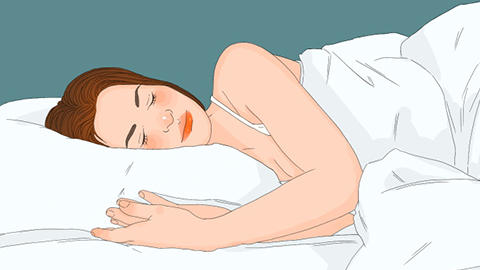What are the early symptoms of depression?
Early symptoms of depression are often reflected in subtle changes in mood, energy levels, and daily functioning. Common signs include persistent low mood, gradually diminished interest,明显 reduced energy, sleep disturbances, and mild cognitive impairment. A detailed analysis is as follows:

1. Persistent low mood: Patients often feel emotionally down and sad. Even situations that previously brought joy no longer elicit pleasure. Mood fluctuations are limited and predominantly negative, occasionally accompanied by unexplained irritability or anxiety. This depressed state typically lasts for several weeks and does not improve easily on its own.
2. Gradual loss of interest: Individuals lose interest in hobbies and social activities they once enjoyed. For example, they may no longer wish to participate in sports or gatherings, and even music or books they previously liked fail to engage them. They actively avoid things they used to enjoy, resulting in a lack of fulfilling activities in daily life.
3. Markedly reduced energy: Patients frequently feel fatigued and weak during routine activities. Even without physical exertion, they experience bodily tiredness and mental exhaustion. Simple tasks such as washing up or cooking require significantly more effort, and some may develop reluctance to get out of bed, preferring to stay lying down.
4. Sleep disturbances: These may manifest as difficulty falling asleep, lying in bed for extended periods without being able to sleep; or light sleep and frequent awakenings, with difficulty returning to sleep after waking up at night. Some patients may instead experience hypersomnia—sleeping excessively during the day yet still feeling unrested.
5. Mild cognitive impairment: Difficulty concentrating is common, with individuals easily distracted during reading, work, or study, unable to focus on current tasks. Memory declines, leading to forgetting recent events or things just said. Thinking slows down, and responses become sluggish when processing information.
If these early symptoms are observed in oneself or others and persist over time, it is important to pay attention and proactively seek help. Talking with family or friends and adjusting lifestyle routines may provide initial relief.









